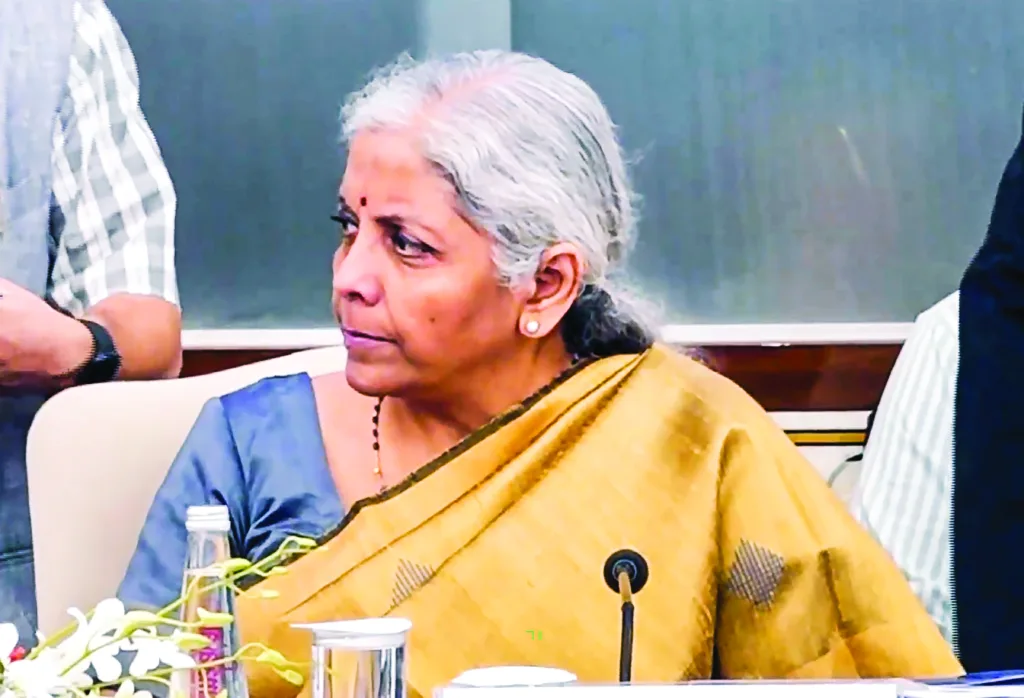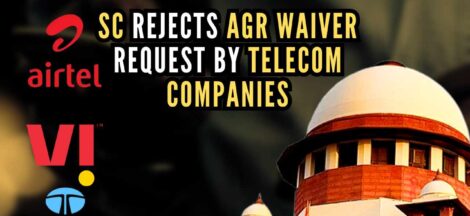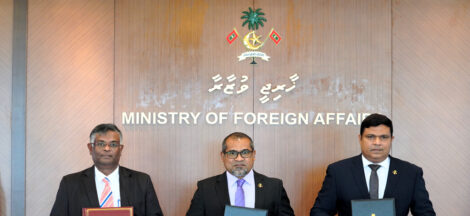NEW DELHI: The Goods and Services Tax (GST) Council on Monday broadly agreed to reduce the tax incidence on health and life insurance, but deferred the call on the extent of the relief and how it would be structured, to its next meeting in November.
The Centre-state body at its 54th meeting here also asked a new group of ministers (GoM) to propose the criterion for distributing an estimated surplus of Rs 40,000 crore that the compensation cess kitty might produce.
Moreover, the council asked a committee of officials to resolve the vexed issue of negative balance in the integrated GST account, with some states complaining about not being paid their due share from the floating pool, and highlighting the need to recover excess amounts appropriated by a few states.
Sources said the Council did not discuss the hefty tax notices issued to IT major Infosys and others as these would be decided based on the facts presented to the tax authority. Indications are that no further clarity may be required on this after a recent circular, and it would be resolved, with little damage to the industry.
The Council also could not take a final decision on a proposal to review the exemption granted to payment aggregator platforms for transactions below Rs 2,000 through UPI, debit/credit cards and other payment methods.
Finance minister Nirmala Sitharaman said the recently reconstituted GoM on rates rationlisation, headed by Bihar deputy chief minister Samrat Chaudhary, would deliberate on GST on insurance, and submit a report to the council by October end. The committee will have new members for this specific purpose.
Levy of GST on insurance, the minister said, involves many issues, including how life and term policies are to be taxed, and whether differential treatment is needed for senior citizens etc.
Currently, insurance, including medical policies, are taxed at 18% on the gross premium amount. This is touted to be a hefty rate, and many experts even question the levy on the gross amount, and point out that the insurer’s profit mark-up should be the base of taxation. The issue has come under the council’s review after Opposition parties raked up the issue in Parliament and outside, and reports of low growth in insurance cover even as premium payments surge.
Government-sponsored schemes such as Rashtriya Swasthya Bima Yojana, Jan Argoya Bima Policy and Niramaya Health Insurance Scheme are exempt from GST.
While the GST compensation cess is to expire on March 31, 2026, by January that year, it would have generated proceeds higher than required to meet the state purpose of paying back loans taken by the Centre with interest to offset the shortfall in the last two years of the five-year revenue guarantee regime for states. The committee of officials, headed by additional secretary-revenue, may also recommend whether the end date of the cesses, which are applied on specified demerit goods would need to be reviewed. The GST compensation for state ended on June 30, 2022.
Discrepancies in I-GST devolution has been noticed by many experts and state governments. They reckon that the revenues don’t always accrue to the states where the consumption take place. A review of the Place of Supply Rules has been sought. I-GST is levied on imports and inter-state transactions, but the proceeds eventually go to the central GST and state GST kitties.
The Council also deliberated on the GoM’s status report on rate rationalisation and online gaming. Sharing the on online gaming, Sitharaman said GST collections from India’s e-gaming industry increased by 412% to Rs 6,909 crore for the six months between October 2023 – March 2024, validating the government’s argument that the tax won’t hurt the sector. For the six-month period prior to the new tax rates, collections were Rs 1,349 crore. The GST Council in its meeting in August 2023 had clarified that online gaming platforms were required to pay 28% tax .
Among the product-specific decisions, the council cut the tax rate from 18% to 12% on extruded or expanded products, savoury or salted items and to 5% from 12% on cancer drugs Trastuzumab Deruxtecan, Osimertinib and Durvalumab. It also exempted GST on public and private grants received for R&D services by colleges/universities set up under central/state laws. The Council further clarified that GST at 5% on the transport of passengers by helicopters on a seat share basis like for tourism while charter services to attract 18%.
It exempted import of services by foreign airlines from a related person outside India when made without consideration, bringing curtains to tax disputes on the matter.
West Bengal Finance Minister Chandrima Bhattacharya suggested that to increase health insurance coverage, it should be exempt from GSR, while some other states are learnt to have opined that the tax rate should be brought down from 18% to 5%.
Kerala Finance Minister K N Balagopal said the proposal to bring below Rs 2000 transactions on payment aggregators platforms have been deferred. The issue will be reexamined by the fitment committee.
Source: The Financial Express




 OPEC Vs IEA: Diverging Oil Demand Forecasts Signal An Uncertain Future
OPEC Vs IEA: Diverging Oil Demand Forecasts Signal An Uncertain Future 